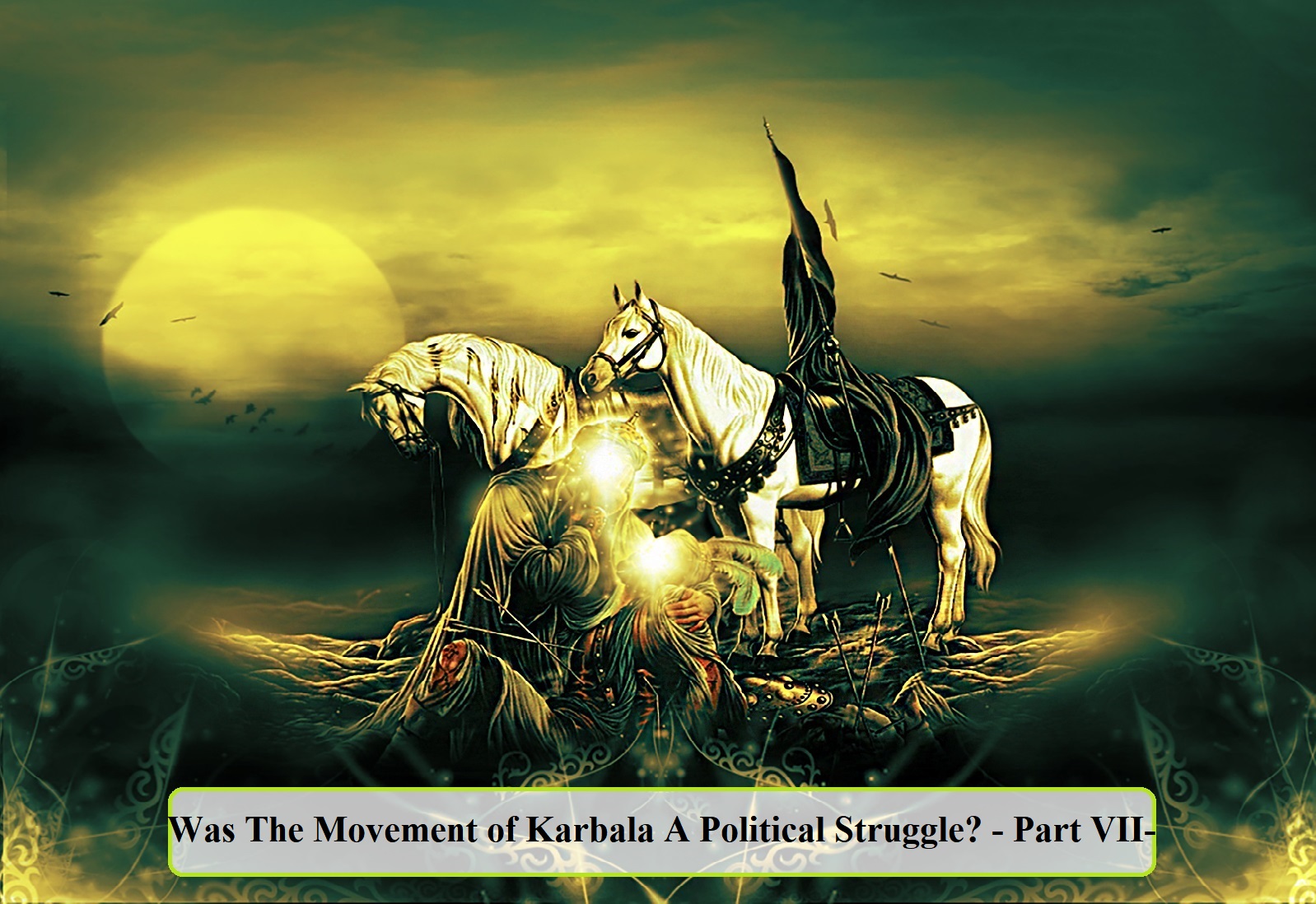Conclusion
Understanding the motivations of the Karbala movement are predicated on a sound cognisance Imam al-Hussain (a), both as a leading theological figure and the historical circumstances he found himself in. Correctly defining the uprising of Imam al-Hussain (a) would also aid in defining its manifestations today, whilst a corrupt understanding would lead to a disjointing between the various denominations the movement effects.
According to an article by Themuslimvibe.com, it is clear that both Mu’awiyah and Yazid were driven by megalomaniacal motivations. Proposing that the Karbala uprising against a tyrant regime for power and authority, therefore, equates the motivations of Imam al-Hussain (a) with the despots he sought to remove. This would not only be taking Imam al-Hussain (a) out of his historical context, a very poor form of research but for the believer to do so, taking him out of his theological context, something arguably approaching a blasphemy.
In this first part, we sought to negate the false understandings of the Karbala movement by demonstrating that Imam al-Hussain (a) was called upon by the Ummah to bring about justice. Whether or not they supported him in it is another question, but what pushed his sacrifice was at least the desire from the Ummah for a return to true Islam and when the threats on his life became untenable.
In the second part of this series, we will address the issue of why there has been a hijacking of this narrative and whom it benefits to corrupt the understanding of an uprising against a tyrant government.
There is no strength or power except with Allah. May Allah send his blessings upon the Prophets, especially upon the choicest of them, the Messenger Muhammad and his pure progeny.

